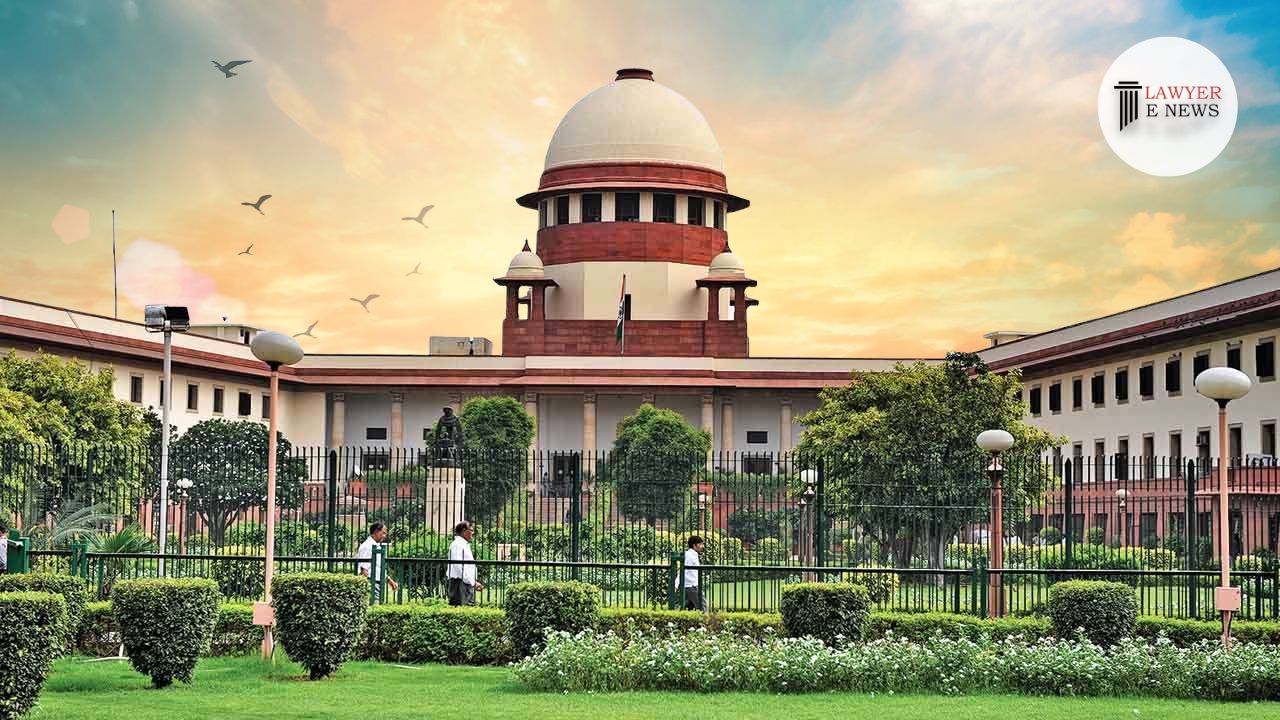-
by sayum
14 February 2026 2:22 PM



The Supreme Court has acquitted the appellants in a high-profile murder case dating back to 1998, reversing the convictions upheld by both the trial court and the High Court. The judgment, delivered by a bench comprising Justices Hrishikesh Roy and Satish Chandra Sharma, emphasized the critical distinctions between common intention and common object under the Indian Penal Code (IPC), ultimately finding the evidence insufficient to sustain the appellants' convictions.
The case originated from an incident on July 17, 1998, in Indore, where the appellants Madhusudan, Ramprakash, and Ram Kripal, along with two others, were accused of assaulting and killing Gopal, with the incident allegedly sparked by a dispute over public urination. An FIR was registered at the Juni Police Station under multiple sections of the IPC, including Sections 307, 294, 147, 148, and 149. The trial court acquitted one accused, Sanjay, and convicted the remaining under Sections 302, 307, and 323 read with Section 34 IPC, a decision upheld by the High Court.
Distinction Between Common Intention and Common Object: The Supreme Court underscored the legal nuances distinguishing Section 34 (common intention) from Section 149 (common object) of the IPC. Justice Hrishikesh Roy remarked, "There is a significant distinction between Section 34 and Section 149 of IPC. Section 34 requires active participation and prior meeting of minds whereas Section 149 assigns liability merely by membership of an unlawful assembly and has a wider scope."
Inadequate Evidence of Common Intention: The Court found that the prosecution failed to establish a common intention among the accused. "The trial court and the High Court mechanically applied Section 34 in place of Section 149 without any discussion on this aspect," the bench noted. The evidence did not demonstrate that the accused had a prior meeting of minds or a shared intention to commit the crime, a requisite for invoking Section 34.
Reliability of Witness Testimonies: The appellants' counsel pointed out discrepancies in the eye-witness testimonies regarding the weapons used and the actions of each accused. The Court observed that these inconsistencies, along with the failure to chemically test the recovered weapons, weakened the prosecution's case.
The Supreme Court's judgment extensively discussed the principles of vicarious liability under the IPC. It reiterated that while Section 34 requires proof of a shared intention, Section 149 imposes liability based on membership in an unlawful assembly. In the present case, the alteration of charges from Section 149 to Section 34 was not supported by evidence of common intention among the accused. "The existence of common intention in a given case must necessarily be established by the prosecution with relevant evidence," the court stated.
Justice Hrishikesh Roy emphasized, "In order to sustain the conviction with the aid of Section 34 of the IPC, the prosecution was required to establish the common intention of the accused. Unfortunately, the common intention of the appellants was never established by the prosecution to connect them with the crime charged."
The Supreme Court's decision to acquit the accused underscores the judiciary's commitment to upholding stringent standards of evidence in criminal cases. By distinguishing between common intention and common object, the judgment provides critical clarification on the application of these legal principles. This landmark decision is expected to influence future cases involving vicarious liability under the IPC, ensuring that convictions are based on robust and conclusive evidence.
Date of Decision: May 2, 2024
Madhusudan & Ors. v. The State of Madhya Pradesh
